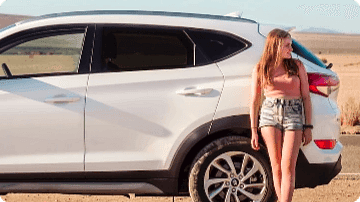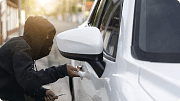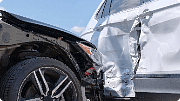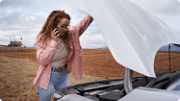
Drunk driving
Drunk driving
August 25, 2015By First For Women
A recent study has found that men are more likely than women to drive drunk. In the survey, 27% of men admitted to driving over the limit compared to 10% of women. According to Robyn Farrell, managing director of 1st for Women Insurance, “We’ve always said that women are less risky on the road than their male counterparts but the reality is that no one should drive under the influence of alcohol. In South Africa, alcohol plays a role in over 60% of road deaths*.”
According to the Department of Transport, a total of 69 411 people were arrested for driving under the influence of alcohol or drugs from April 2011 to March 2012. This is an increase of more than 100% compared to 2004 / 2005. “This increase in the number of arrests points to increased focus on policing the crime. High police visibility and an increase in road blocks, especially over weekends, is testimony to this and is a stark reminder that road officials are cracking-down on reckless drivers who get behind the wheel after boozing,” says Farrell.
Farrell reminds South Africans that the implications of being caught aren’t pretty. “If you’re found guilty of drunk driving you could face up to six years in jail and you could be liable for fines of up to R120 000. Your driver’s licence could also be suspended. This means that you will have a criminal record which will impact your life forever.
Of course, the worst case scenario of driving under the influence is that you kill somebody or yourself.” She reminds motorists that the legal blood alcohol limit is less than 0.05 g per 100 ml and the legal breath alcohol limit is less than 0.24 mg in 1000 ml of breath. “At a blood alcohol concentration of between 0.03 to 0.05 per 100ml, people suffer from impaired concentration, and decreased inhibition and judgement.
At a level of 0.06, depth perception is affected, alertness is decreased and reactions are dramatically slower. The crux of it is that you actually shouldn’t drive if you have had even one drink,” she warns.
You do have options but driving under the influence is not one of them. Alcohol is a factor in the majority of accidents in South Africa, so driving after drinking is a no-go, concludes Farrell. * South Africans Against Drunk Driving
























